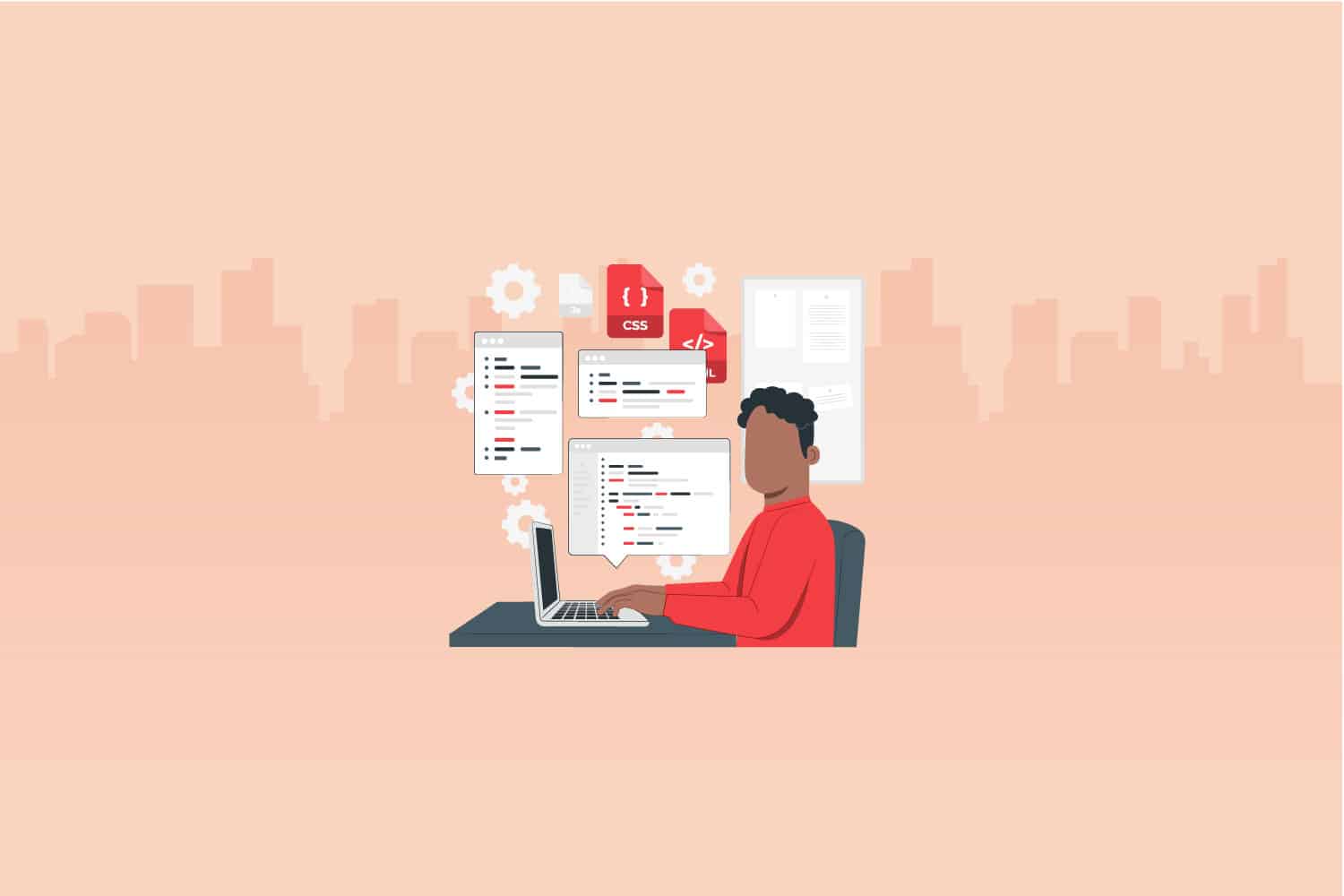While resumes and interviews provide valuable information about a candidate’s skills and experience, they often fall short in revealing crucial aspects of their personality. This is where personality assessments come into play, offering recruiters a deeper understanding of candidates and helping identify individuals who not only possess the right skills but also fit seamlessly into the company culture.
According to a recent survey by SHRM, companies using personality assessments in hiring experienced a 36% increase in employee retention and a 24% improvement in overall job performance.
In this blog, we will explore the benefits of using personality assessments in the hiring process and provide practical insights on how recruiters can leverage this tool to build a high-performing team.
What are personality assessments?
Personality assessments are tools designed to evaluate and measure various aspects of an individual’s personality, including traits, preferences, and behaviors. These assessments are grounded in psychological theories and provide valuable insights into how candidates may approach tasks, collaborate with others, and handle challenges.
Why use personality assessments in hiring?
- Cultural fit: Personality assessments help recruiters assess a candidate’s alignment with the organization’s values and culture, ensuring they contribute positively to the workplace environment.
- Predicting performance: Certain personality traits are correlated with job success. Assessments can provide a predictive measure of a candidate’s potential performance in a specific role.
- Team dynamics: Understanding the diverse personalities within a team is crucial for fostering effective collaboration. Personality assessments assist in building well-rounded teams that complement each other’s strengths and weaknesses.
- Reducing turnover: By identifying candidates whose personalities align with the job requirements and company culture, recruiters can reduce the likelihood of turnover, saving time and resources in the long run.
Integrating personality assessments into the hiring process
Unlock a new dimension in hiring excellence by seamlessly integrating personality assessments. Discover how aligning assessments with job requirements enhances your recruitment strategy.
Choosing the right assessment tool
Selecting the appropriate personality assessment tool is a critical first step. Consider factors such as the assessment’s validity, reliability, and relevance to the specific job role. Popular assessments include the Myers-Briggs Type Indicator (MBTI), DISC, and the Big Five Personality Traits.
Aligning assessments with job requirements
To maximize the effectiveness of personality assessments, tailor them to the specific job requirements. Identify key traits and characteristics essential for success in the role and incorporate questions that assess these aspects.
Ensuring legal compliance
It is imperative for recruiters to be aware of legal considerations when using personality assessments. Ensure that the chosen tool complies with anti-discrimination laws and guidelines to avoid potential legal issues in the hiring process.
Implementing personality assessments effectively
Master the art of incorporating personality assessments at the right stages. From timing considerations to transparent communication, learn the keys to implementing assessments for optimal effectiveness.
Timing in the hiring process
Deciding when to administer personality assessments is crucial. While they can be integrated at various stages, conducting assessments after the initial resume review and before the final interview is a strategic approach. This ensures that only qualified candidates undergo the assessment, streamlining the hiring process.
Communication with candidates
Transparency is key when introducing personality assessments to candidates. Clearly communicate the purpose of the assessment, emphasizing its role in ensuring the best possible fit between the candidate and the organization. This openness fosters trust and cooperation from potential hires.
Professional interpretation of results
Interpreting personality assessment results requires a nuanced understanding of the tool and its implications. Recruiters should either receive proper training in interpreting results or collaborate with experts to ensure accurate and insightful assessments.
Overcoming challenges in personality assessment
Navigate the complexities of personality assessments with insights on overcoming bias and addressing candidate skepticism. Ensure a fair and objective evaluation process in the face of potential challenges.
Overcoming bias
While personality assessments are valuable tools, they are not immune to bias. Recruiters must be aware of potential biases and take steps to mitigate them, ensuring a fair and objective evaluation process.
Addressing skepticism among candidates
Some candidates may be skeptical about the relevance and fairness of personality assessments. To overcome this skepticism, provide clear explanations about the purpose of the assessment and how it contributes to the overall hiring decision.
The future of personality assessments in recruitment
Embrace the evolving landscape of recruitment with a glimpse into the future of personality assessments. Explore how technology and continuous improvement shape the next era of talent acquisition.
Embracing technology
As technology continues to evolve, so do personality assessments. Recruiters can leverage artificial intelligence and machine learning to analyze assessment data more efficiently, providing deeper insights into candidate suitability.
Continuous improvement
Personality assessments are not static; they should be subject to continuous evaluation and improvement. Recruiters should regularly review and update assessment processes to ensure they remain aligned with the evolving needs of the organization.
Conclusion
Incorporating personality assessments into the recruiting process is a strategic move for identifying and hiring top talent. By understanding the power of personality assessments, integrating them effectively, and overcoming potential challenges, recruiters can build teams that not only possess the required skills but also thrive in the company culture. The success stories and future trends discussed in this guide emphasize the transformative impact personality assessments can have on the recruitment process. As technology and methodologies continue to advance, embracing the potential of personality assessments will be essential for staying ahead in the competitive landscape of talent acquisition.
Ready to revolutionize your hiring process? Elevate your recruitment game with Testlify, the leading skills assessment platform. Streamline evaluations, identify top talent, and make data-driven decisions. Sign up for free and enhance your hiring strategy!








